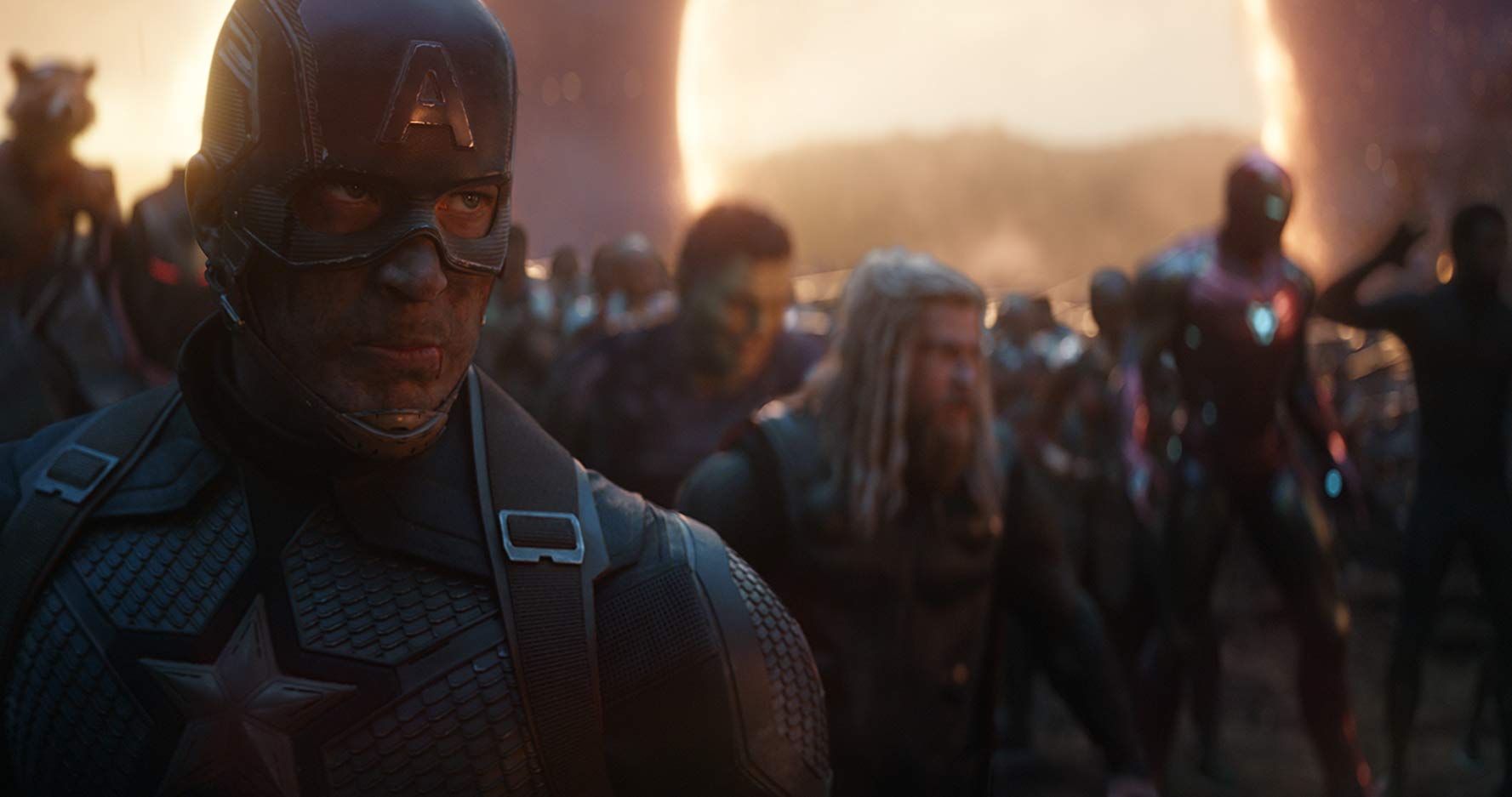How Phase 4 could save the MCU
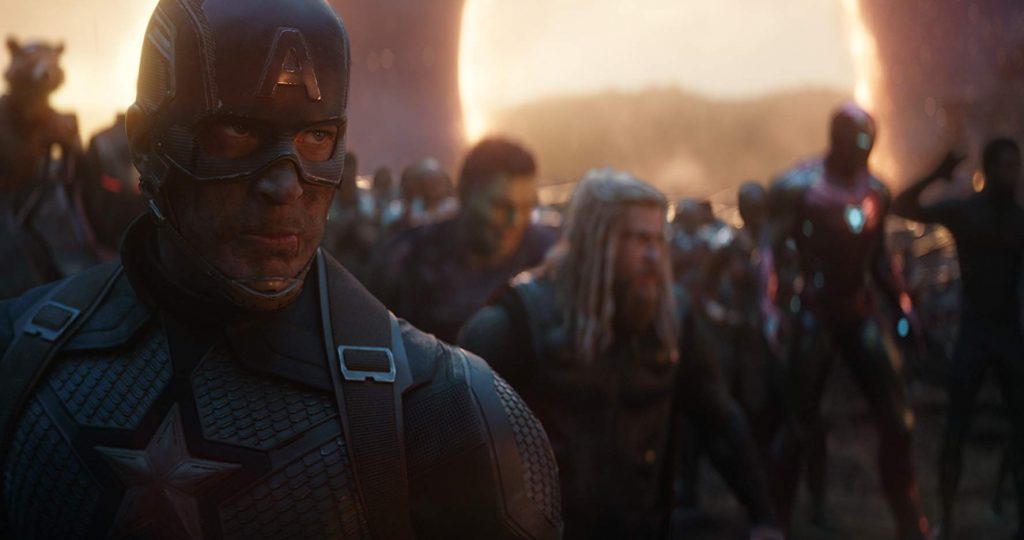
You may have read the title and thought I believe Marvel Studios’ titan of a franchise is in need of a dire rescue.
This is not the case.
The Marvel Cinematic Universe stands at a turning point. It has both defined a whole generation’s source of entertainment, and redefined the boundaries of what a film franchise can accomplish. It has broken records and captured the attention of millions worldwide.
Can Marvel keep that attention?
Avengers: Endgame managed to somehow bring over 20 films to an epic conclusion that will be remembered for years to come. If Marvel Studios wants to keep its infinite grasp on Hollywood, Phase 4 of its creative projects must not only maintain the studios’ established amount of success, it must chart new territory.
The Marvel Television Universe

While it is a tragedy that Marvel’s previous television series such as Daredevil and Agents of Shield have been snapped out of existence, not all hope is lost for television series featuring our favorite heroes.
Phase 4 will introduce The Falcon And The Winter Soldier this Fall, Wandavision come winter, and plenty of other live-action shows on Disney+ over the next few years. Here are some others that are either in production or development:
- Loki (Spring 2021)
- Hawkeye (Fall 2021)
- Ms. Marvel (TBD)
- Moon Knight (TBD)
- She-Hulk (TBD)
As of now, these television series appear to be structured as limited series with Falcon and Wanda confirmed to have six hour-long episodes. As with other Disney+ shows, they are expected to premier weekly. Suspense can build in-between episodes and therefore retain viewers’ attention over a longer period of time.
These shows also allow for isolated settings in storytelling. Most MCU films in previous phases invested in a heavy amount of easter eggs, references, and cameo appearances. Disney+ series could provide a fresh take on the franchise’s storytelling by introducing more focused stories that revolve solely around the characters and their immediate environment.
Diverse film genres
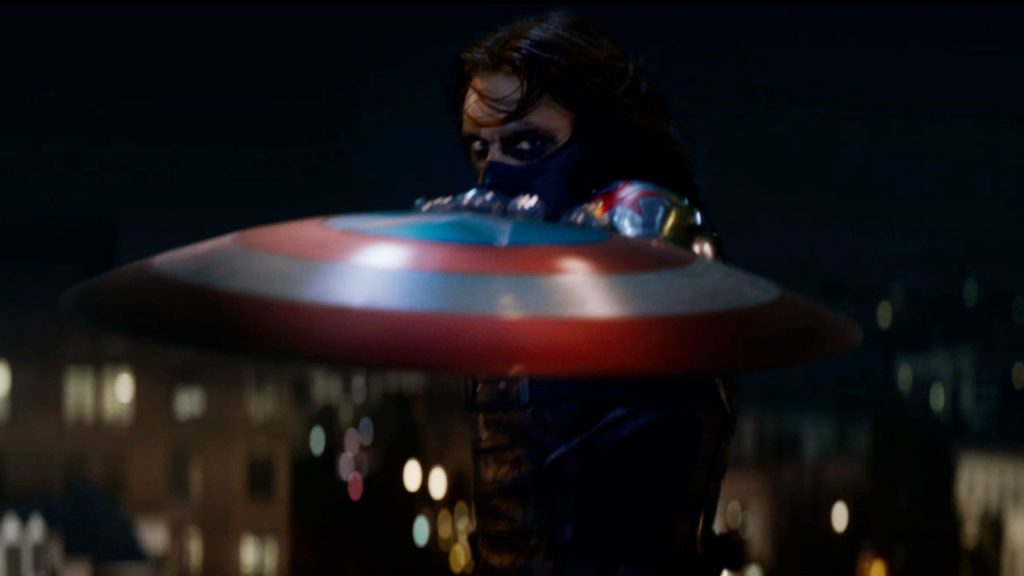
Captain America: The Winter Soldier remains my favorite Marvel film to date because it introduced a fresh take on the franchise. The tone, action, and narrative surpass that of every MCU film before it (and most that followed it). The universe felt different, and more diverse. Earth’s mightiest heroes now lived in the lush Los Angeles landscape, the fantastical realm of Asgard, and the grounded political environment of Washington DC.
Unfortunately, since Captain America’s 2nd film installment, Marvel’s films have begun to become slightly monotone (with some exceptions). Sure the dimension-warping Doctor Strange and boundary-crossing Black Panther provided some new environments, but the tone remained the same: lean PG-13 with simplistic scripts, and only a handful of outside-the-box filmmaking surprises.
With Phase 4 comes a new opportunity for Marvel Studios to expand what defines their films. Comic book movies succeed because there are certain ones that help keep the genre fresh. See some examples of landmark CBM’s below:
- The Incredibles (2004): Proved a compelling superhero story did not need to be live action (or the adaptation of existing characters and stories) to provide a thrilling experience.
- The Dark Knight (2008): Showed that comic book characters could exist within a world similar to our own.
- Watchmen (2009): A prime example of bringing to life the art and aesthetics of a graphic novel.
- The Avengers (2012): Made it clear that crossovers with comic book characters was a successful gamble.
- Joker (2019): Proved that an incredibly focused and grounded comic book character study could result in high-class cinema.
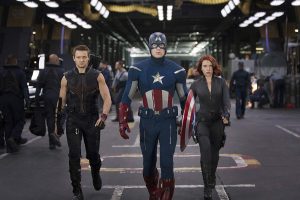
For the greater good of comic book adaptations, Marvel Studios must use Phase 4 films to diversify the experience it gives its audiences in theaters. Superhero fatigue may not have happened yet, but it could set in if these films are more of the same. See the list below for Marvel’s upcoming slate of movies and what they could do for comic book movies:
- Black Widow (2020): Could bring back the intense espionage themes and violent action of The Winter Soldier.
- Eternals (2020): An epic intergalactic story that brings the tones and themes associated with other mythological sagas.
- Shang-Chi And The Legend Of The Ten Rings (2021): An exhibition of eastern culture and martial arts (I would really love to see some action similar to Kill Bill Vol. 1, even if it would be less violent).
- Doctor Strange In The Multiverse Of Madness (2021): Has already been confirmed to incorporate a horror-esque tone.
- Thor: Love And Thunder (2021): Would likely be a comedy considering Taika Waititi is returning to direct, but would be without the awkward clash of a serious apocalypse in Ragnarok.
A need for a greater evil
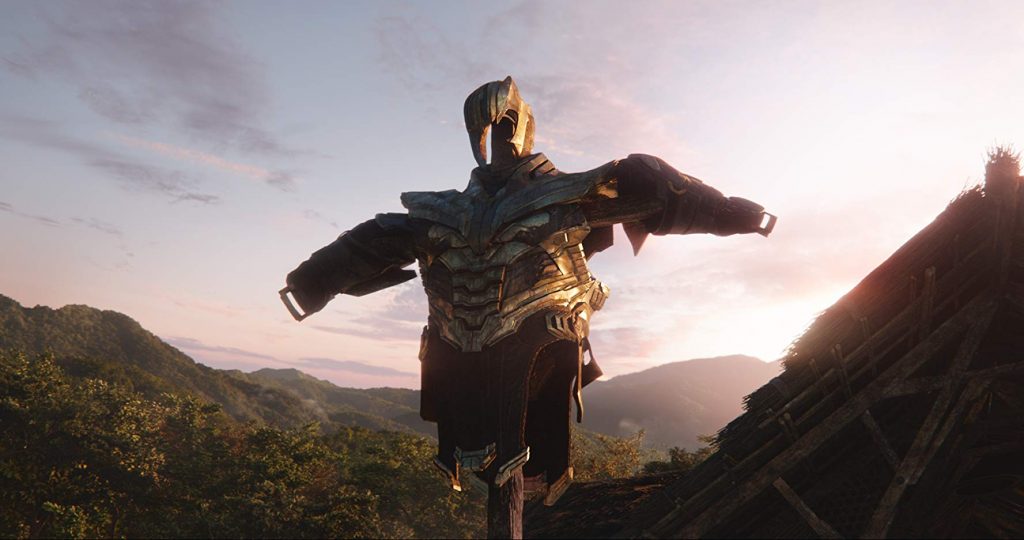
Marvel Studios has unfortunately been known for a lack of compelling antagonists in a number of its films. It should be noted that there has been a number of compelling adaptations of Marvel super villains including Alexander Pierce, Zemo, and Thanos. There have also been some disappointing performances for characters including Whiplash, Aldrich Killian, and Kurse. Poor motivations, shallow complexes, and only existed for one film.
In order to reverse these mistakes, Marvel should look at characters such as Thanos who were given multiple films to allow development. A franchise as large as Marvel’s can provide diverse antagonists ranging from empathetic to deeply sinister. The best sign of things changing for the better in the studios’ bad guy department is the announcement of Blade. While this film will technically be arriving in phase 5, it’s a sign that perhaps Feige and team will be responding to the recent success of anti-hero/villain films such as Venom and Joker.
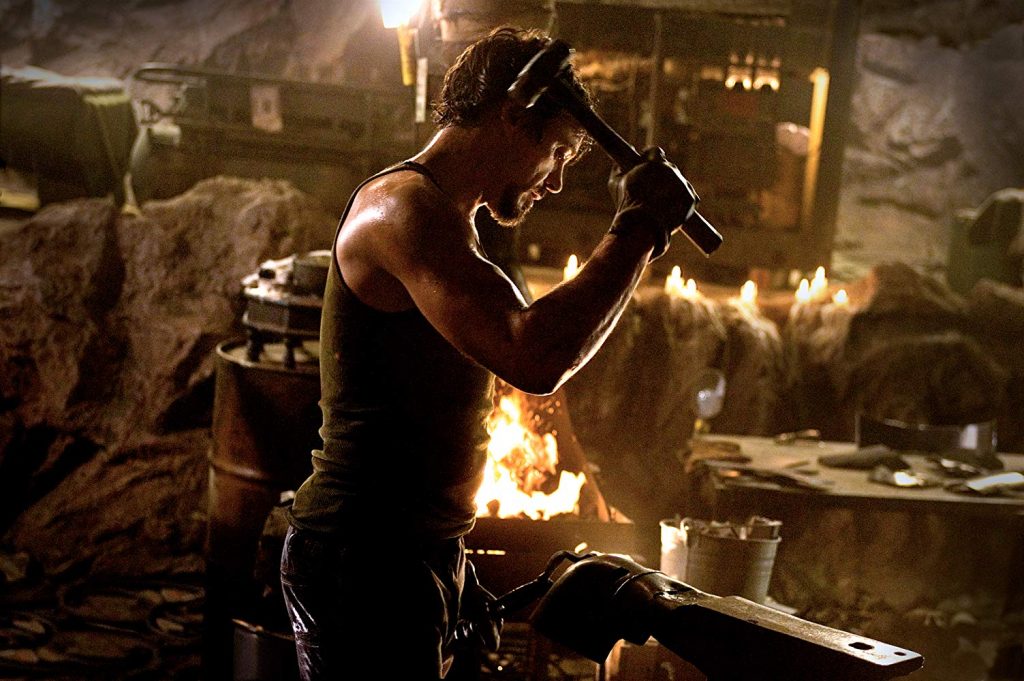
While there have been recent concerns about the impact of comic book movies on the film industry as a whole, the fact remains that audiences love the genre. I remain optimistic about the future of the Marvel Cinematic Universe. Despite its flaws, there is always room to improve. After all, heroes are built, not made.

